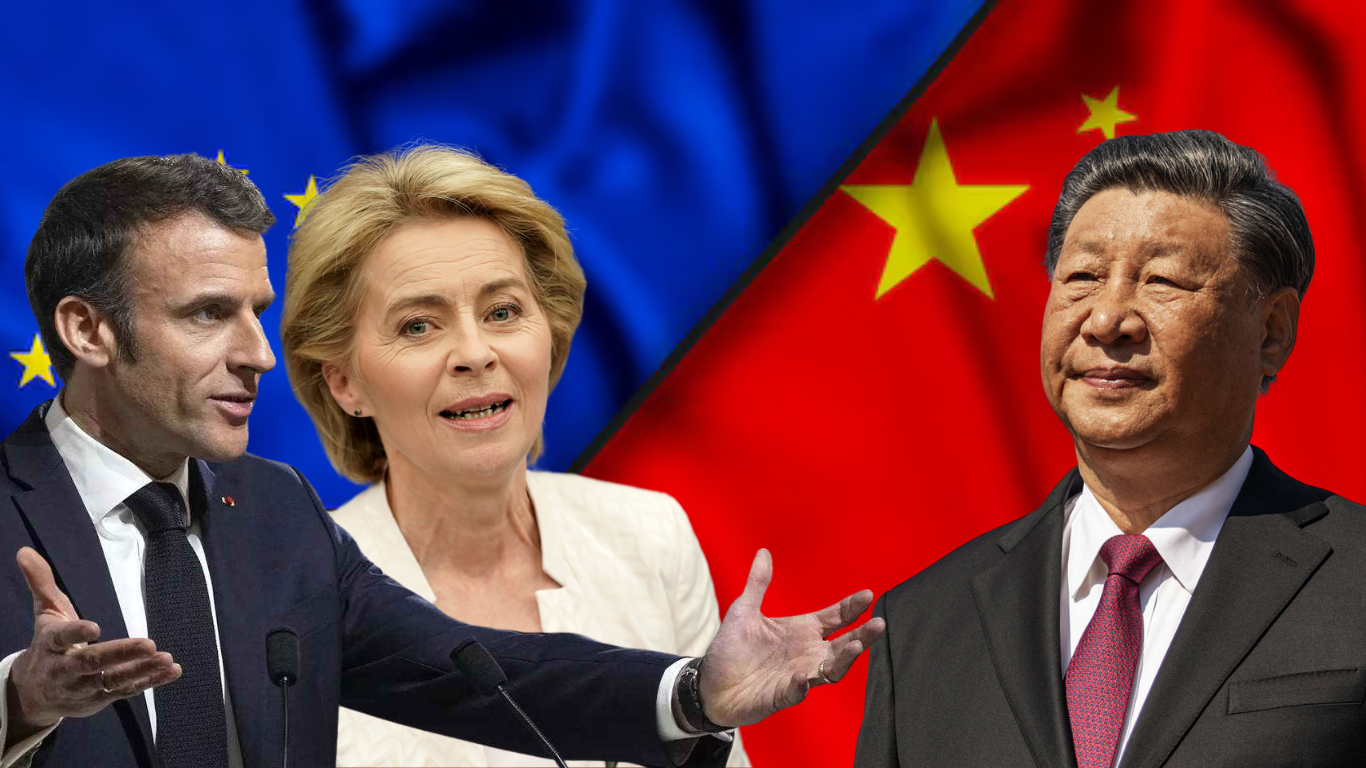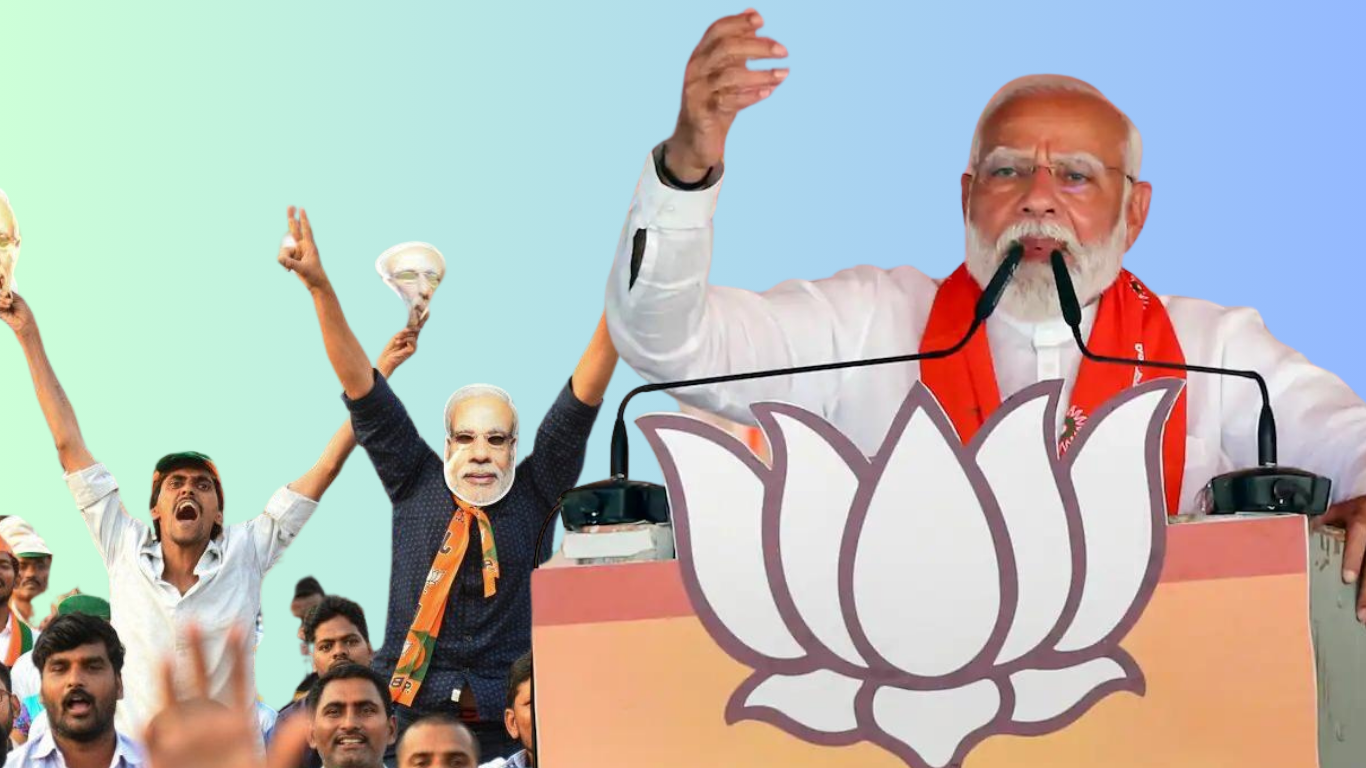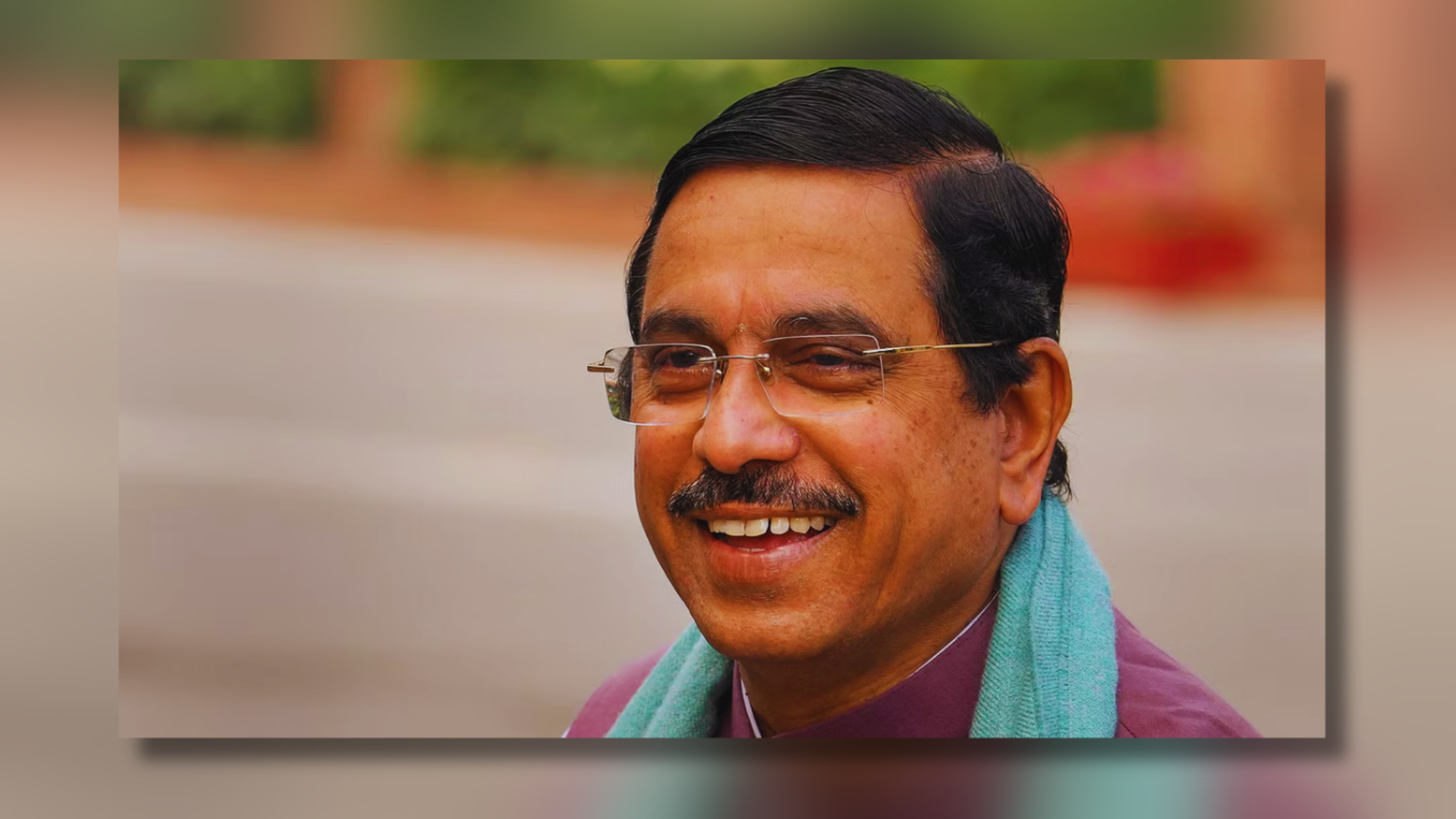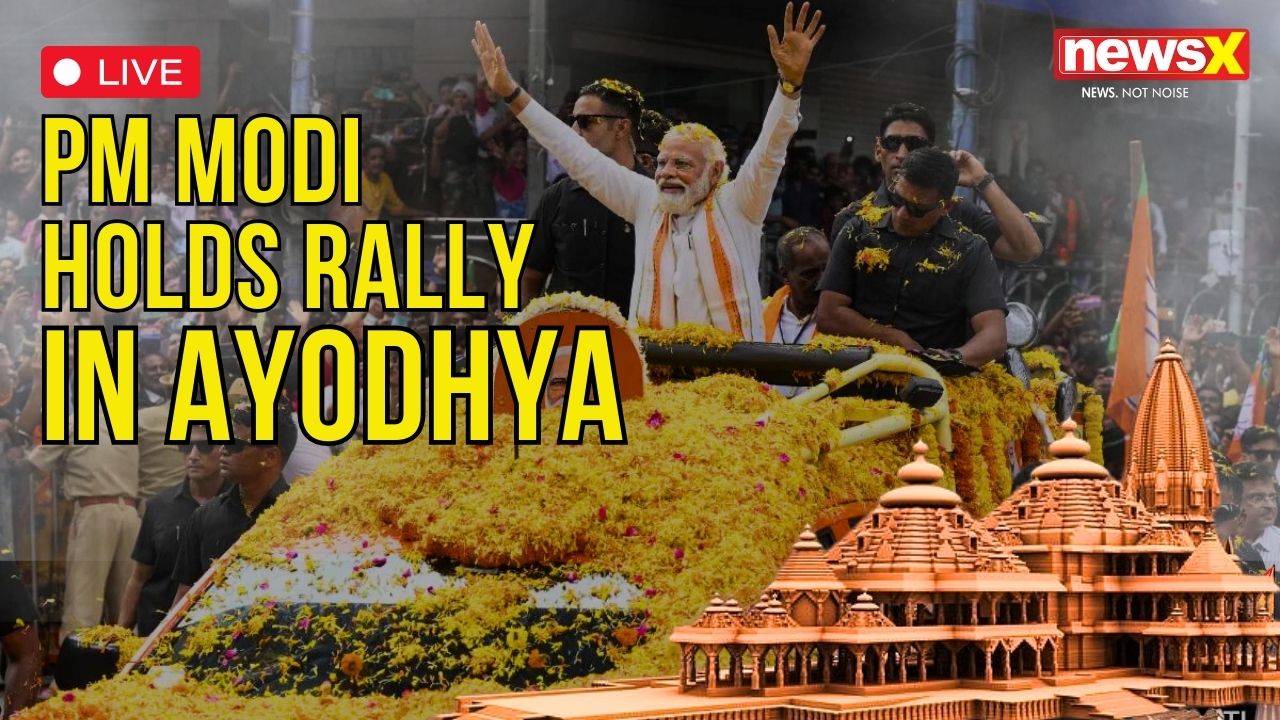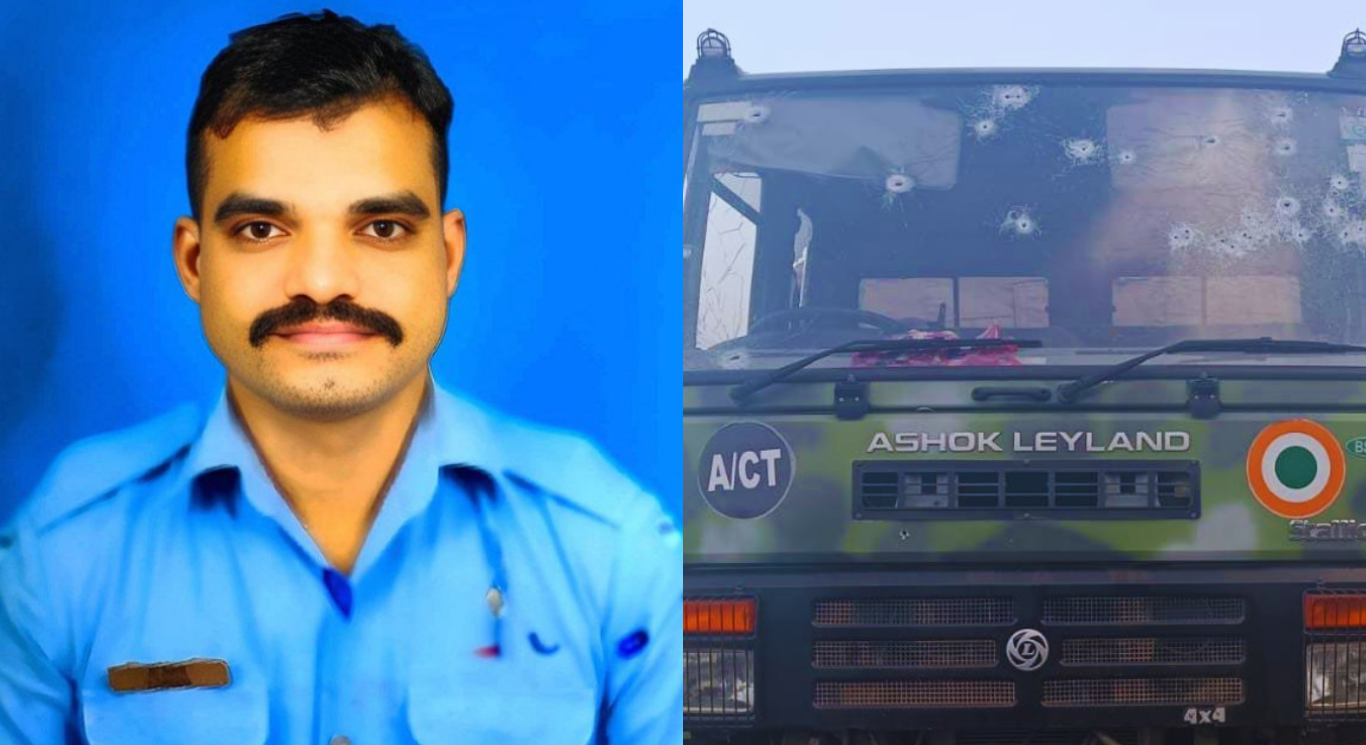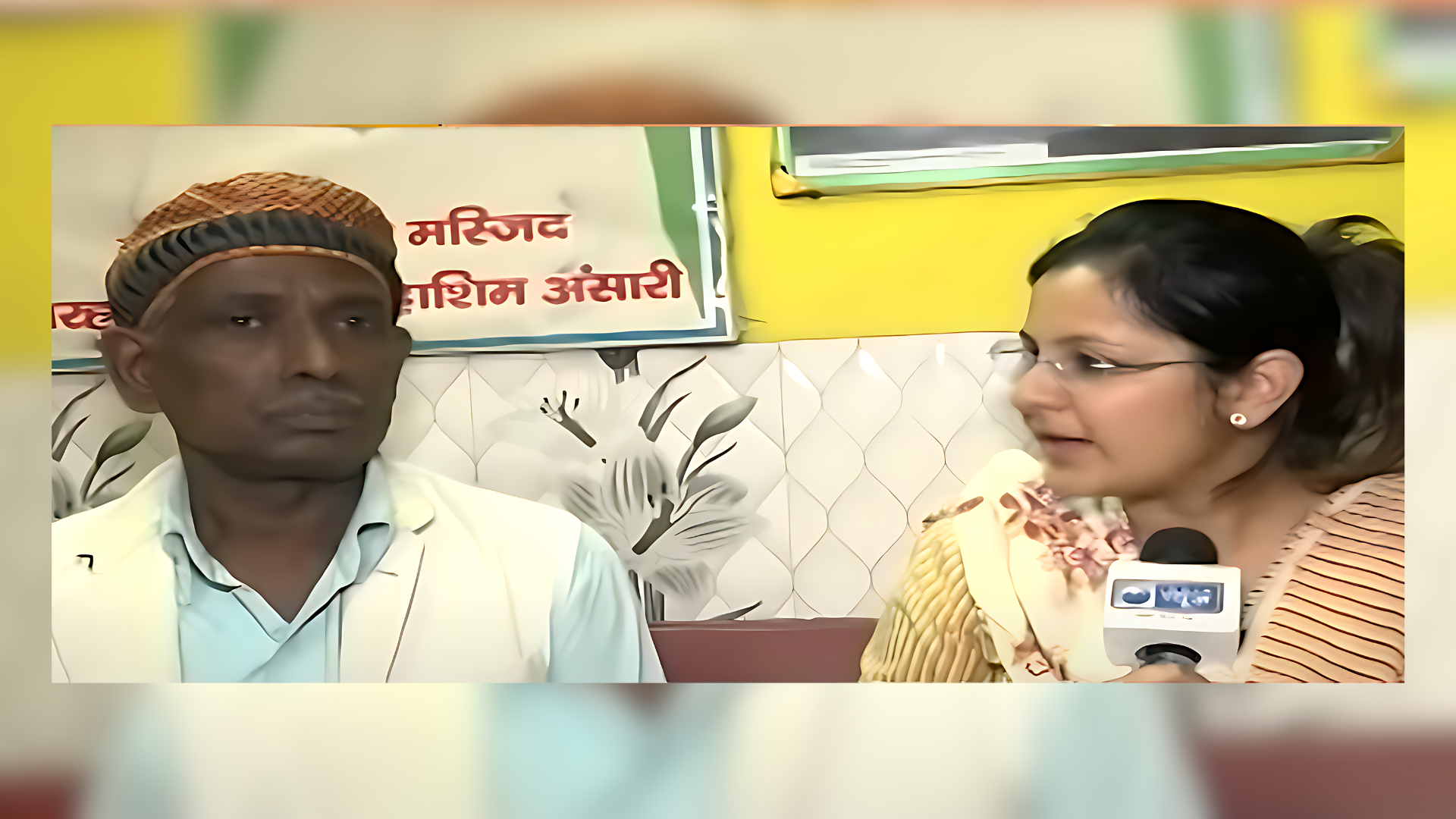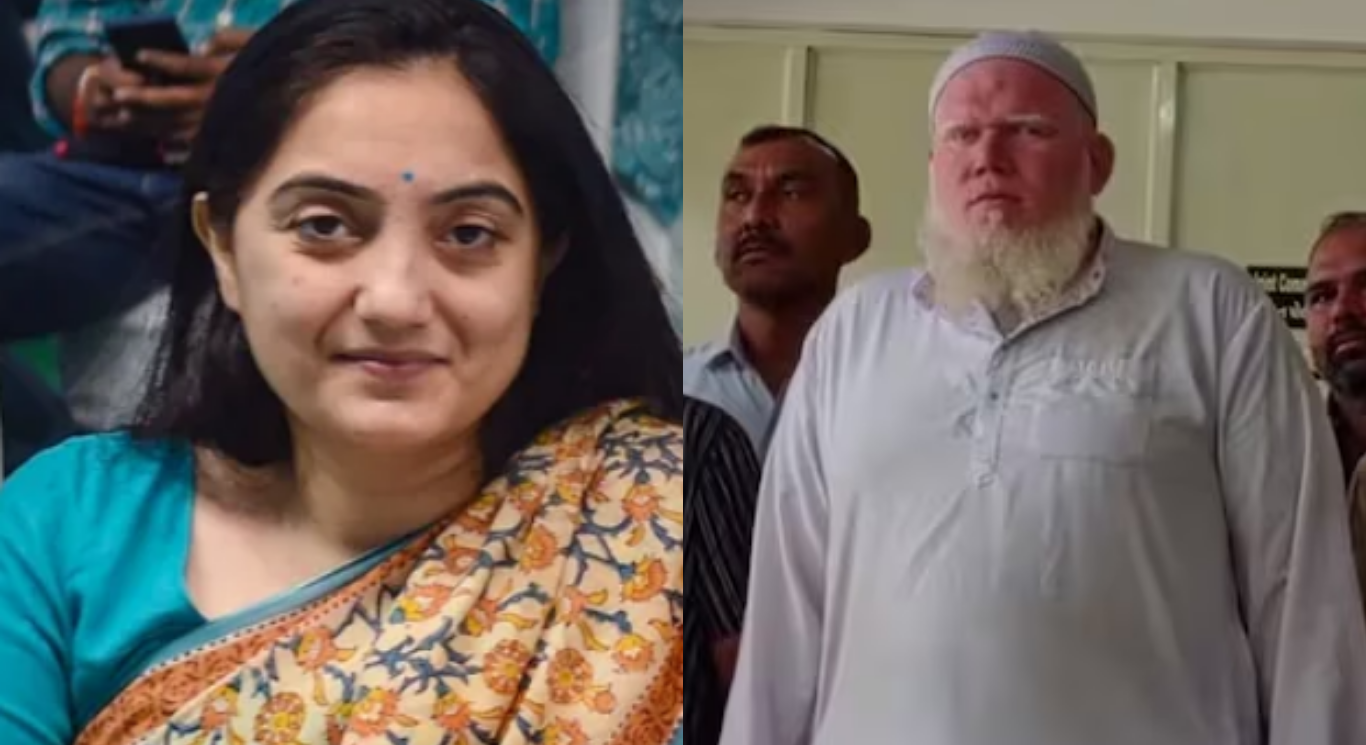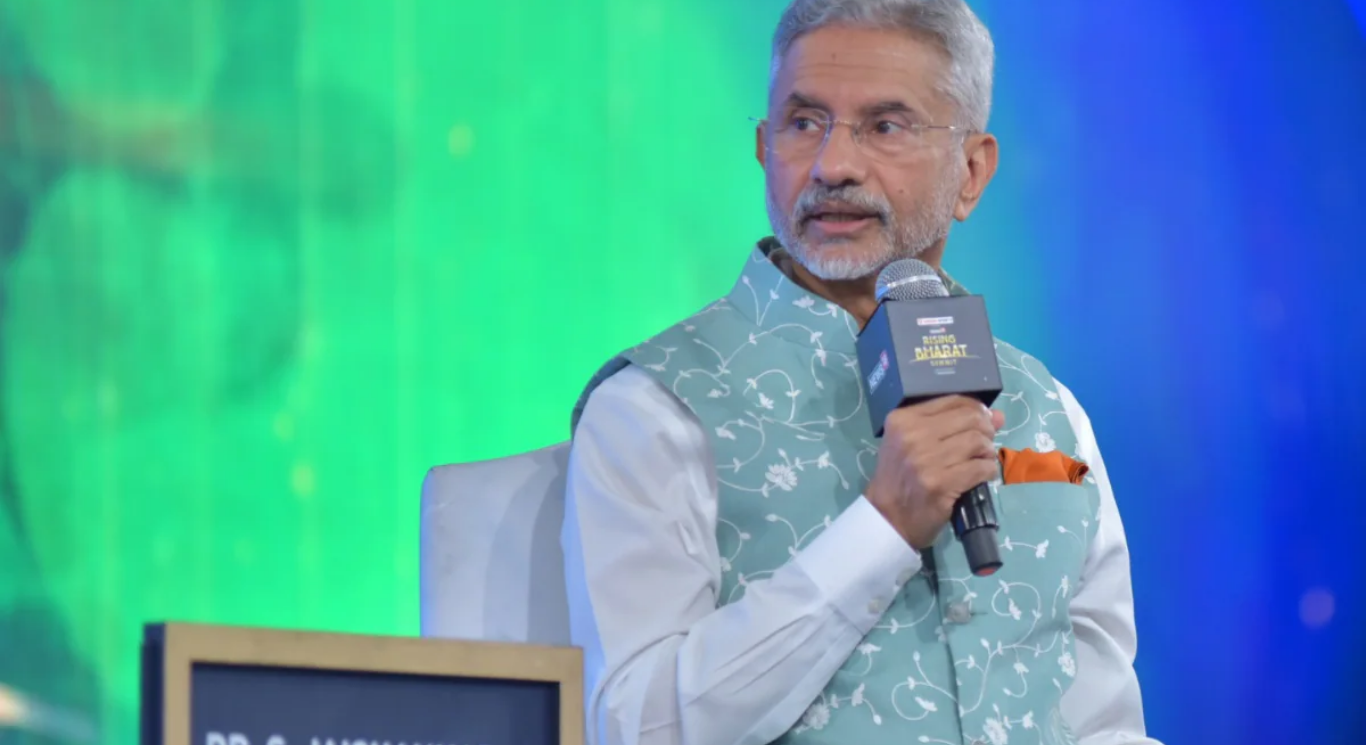


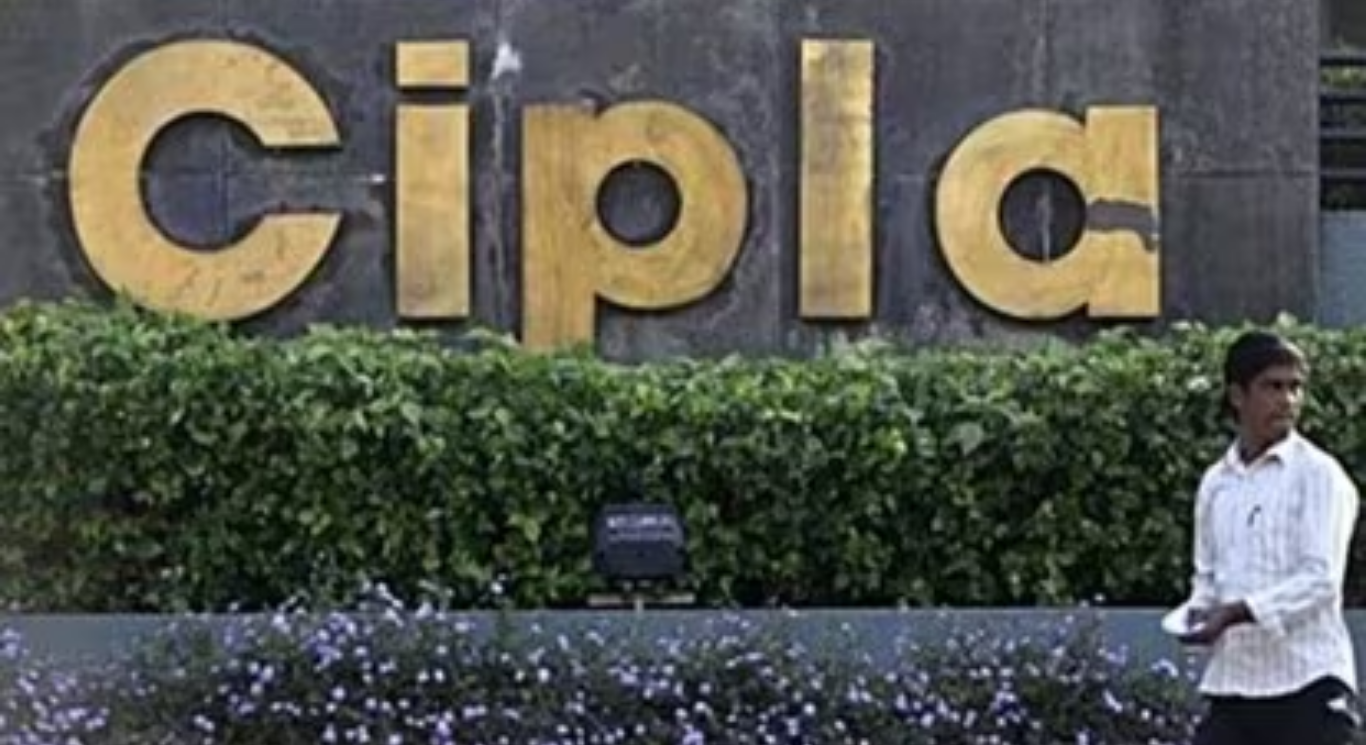
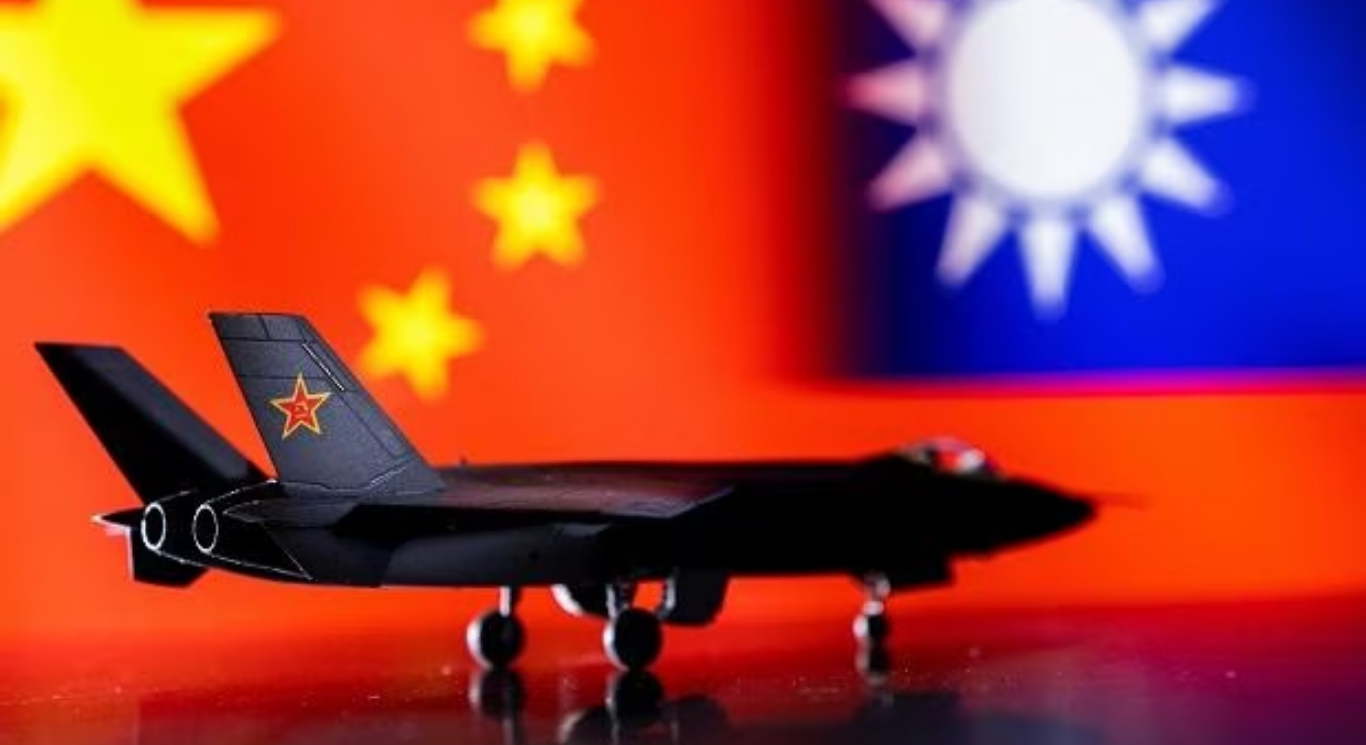

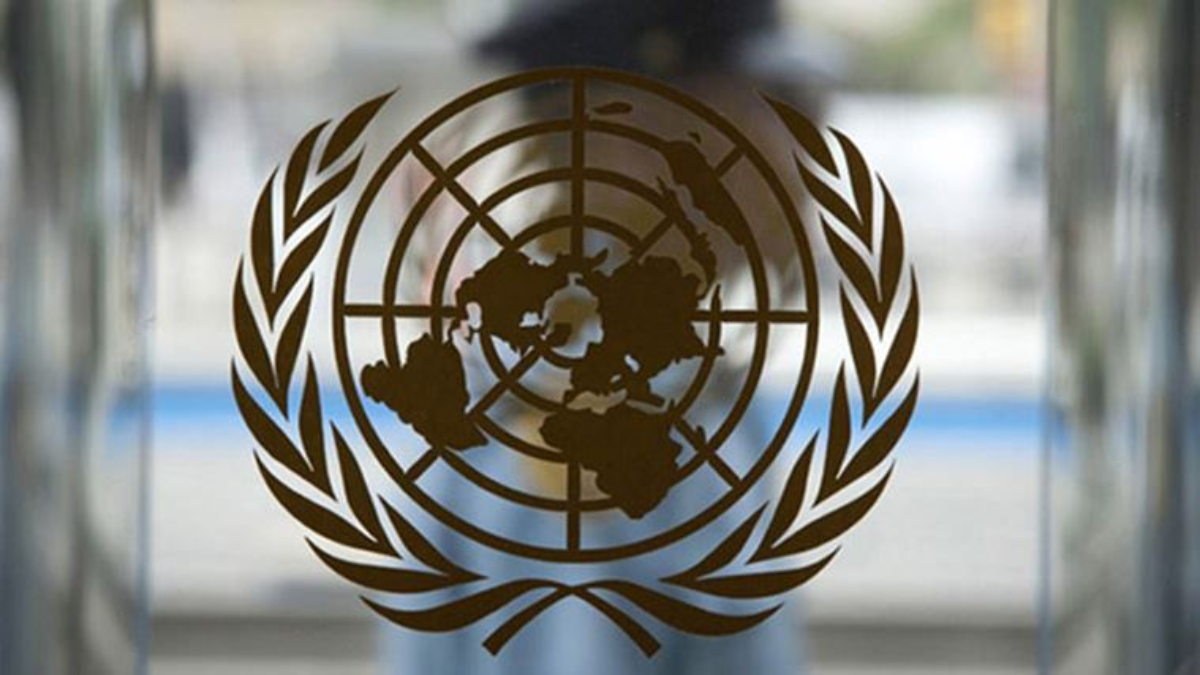
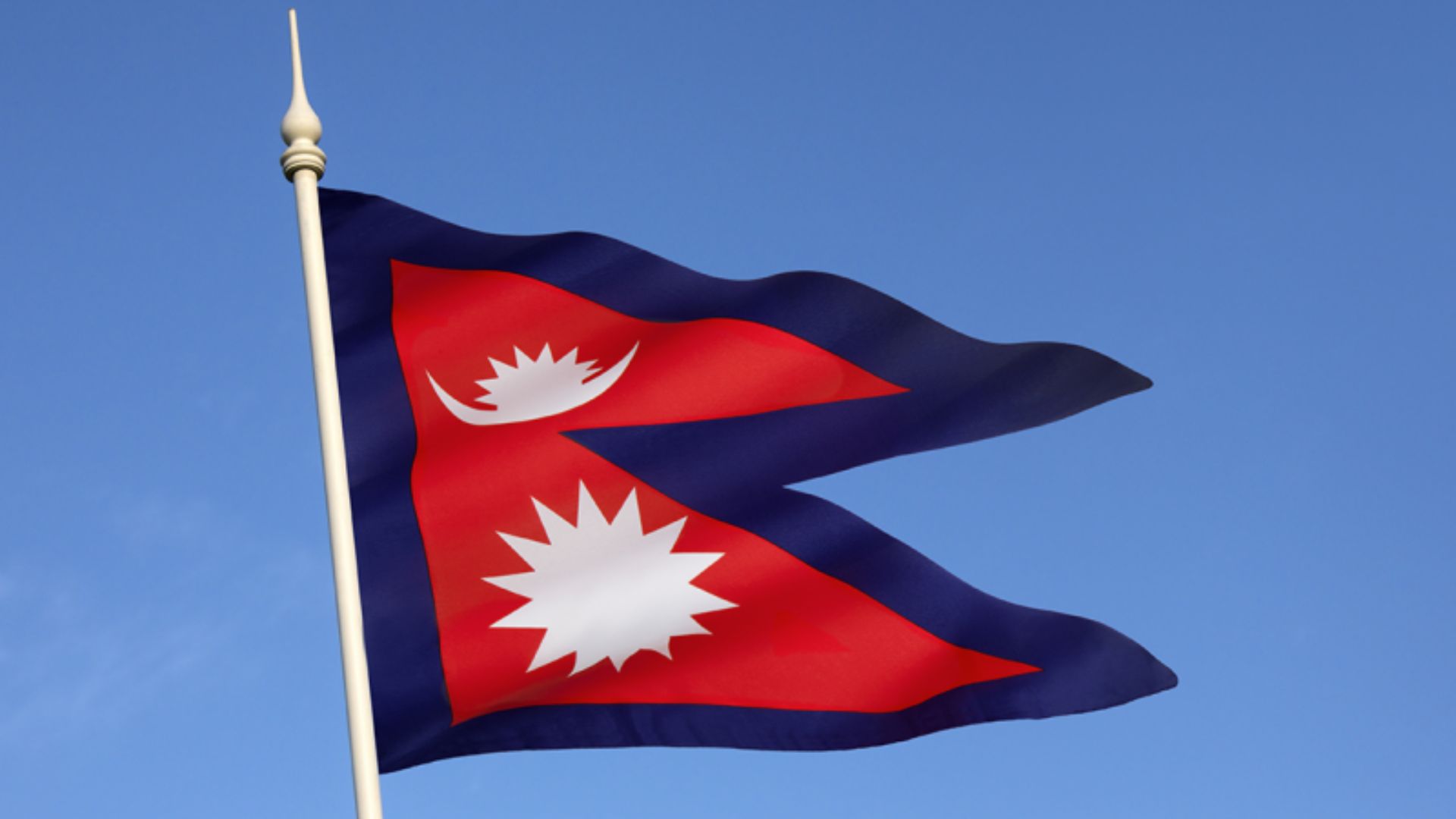

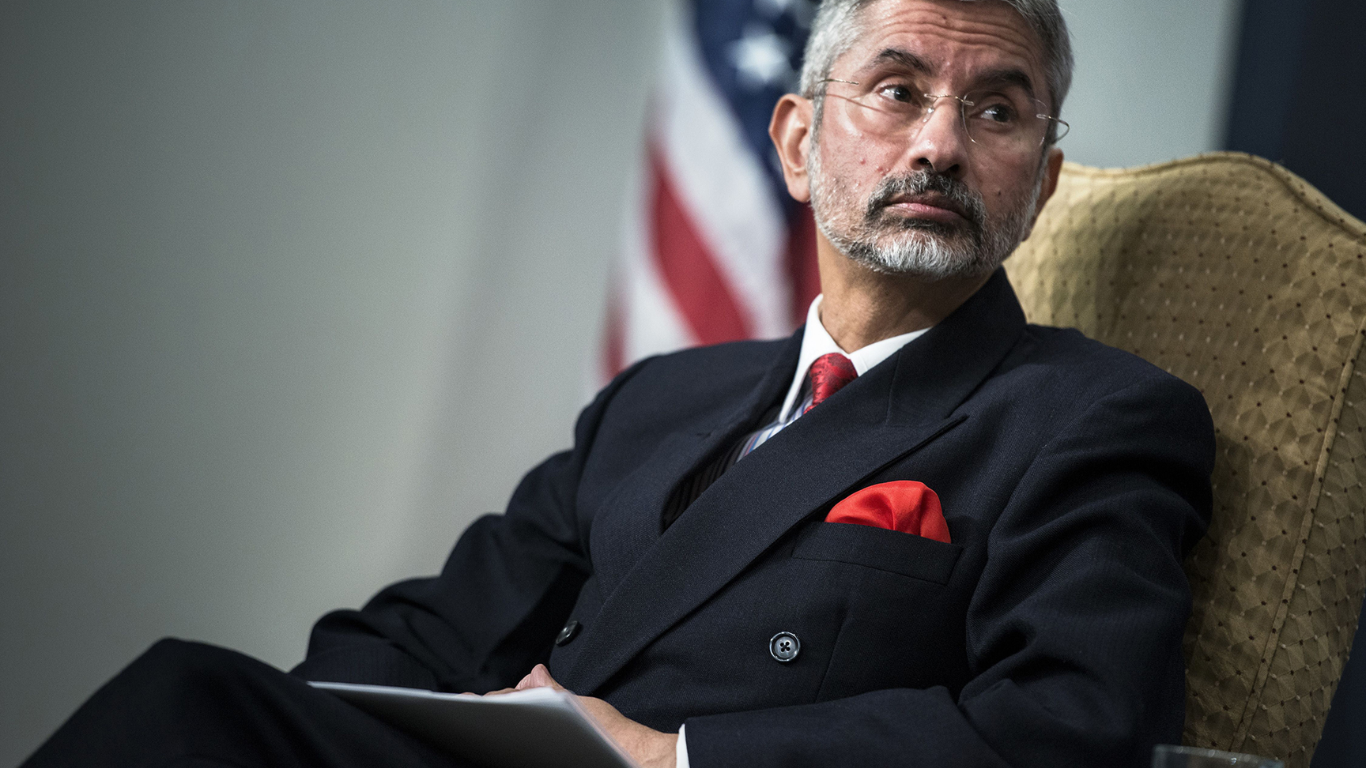
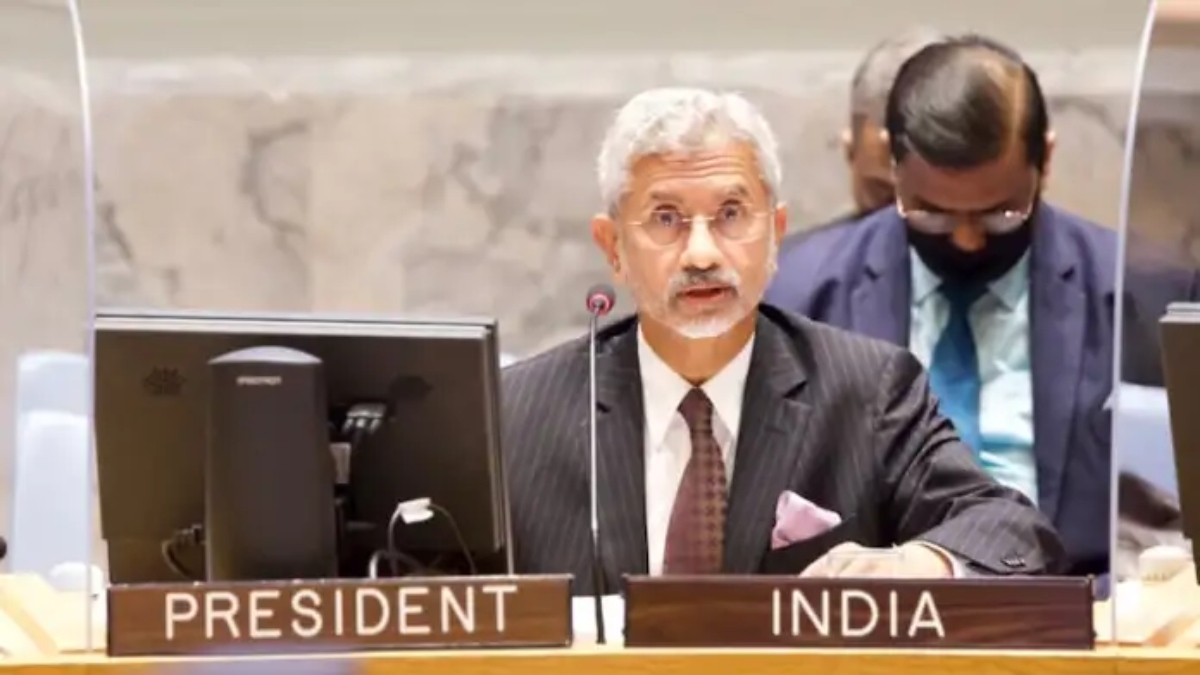
The UNSC lists terrorists because they pose a threat to the whole world community, but some nations refuse to do so “at risk to their own interests and their own reputation,” said External Affairs Minister S. Jaishankar on Wednesday.
Following his conversations with Catherine Colonna, the French foreign minister, Jaishankar made these statements during a press conference.
Jaishankar stated that the listing is done because terrorists are a menace to the entire world community in response to a query on UNSC proposals being vetoed to identify terrorists with a base in Pakistan. He stated, “I believe the naming of terrorists is done because the terrorists are a menace to the entire world community with regard to the listing where India and France have collaborated for many years.
If someone opposes listing, particularly in situations where the benefits of moving forward are obvious, he said, “I think they do so frankly at peril to their own interests and their own reputation.” Therefore, he continued, “it is not something which countries necessarily do in pursuit of a narrow national agenda.”
The UNSC attempted to name Abdul Rauf Azhar, the deputy leader of the Jaish-e-Mohammed (JeM) organisation based in Pakistan, as a global terrorist last month, but China blocked the resolution.
The combined US-India plan to name the leader of the JeM, Masood Azhar’s younger brother, was placed on technical hold by China. The plan was backed by all 14 of the main UN member nations.
The Chinese move comes less than a month after Beijing rejected a comparable joint petition from India and the US to designate Abdul Rehman Makki, the deputy head of Lashkar-e-Tayyiba based in Pakistan, as a terrorist organisation.
Makki has been active in obtaining funding, enlisting the aid of radicalised teenagers, encouraging them to use violence, and organising terrorist strikes in India, such as the Mumbai attacks (2008).
Regarding threats to international peace and security brought on by terrorist acts, the Indian ambassador to the UN, Ruchira Kamboj, stated: “It is extremely regrettable that listing requests for some of the most infamous terrorists in the world have been delayed despite being sincere and supported by evidence. The credibility of the sanctions regime has reached an all-time low as a result of double standards and ongoing politicisation.”
According to Ruchira Kamboj, it is unacceptable to deny or hold requests from terrorists for listing without providing any explanation.
Read more: India expresses concern with US on $450 mn sustenance package to Pak


